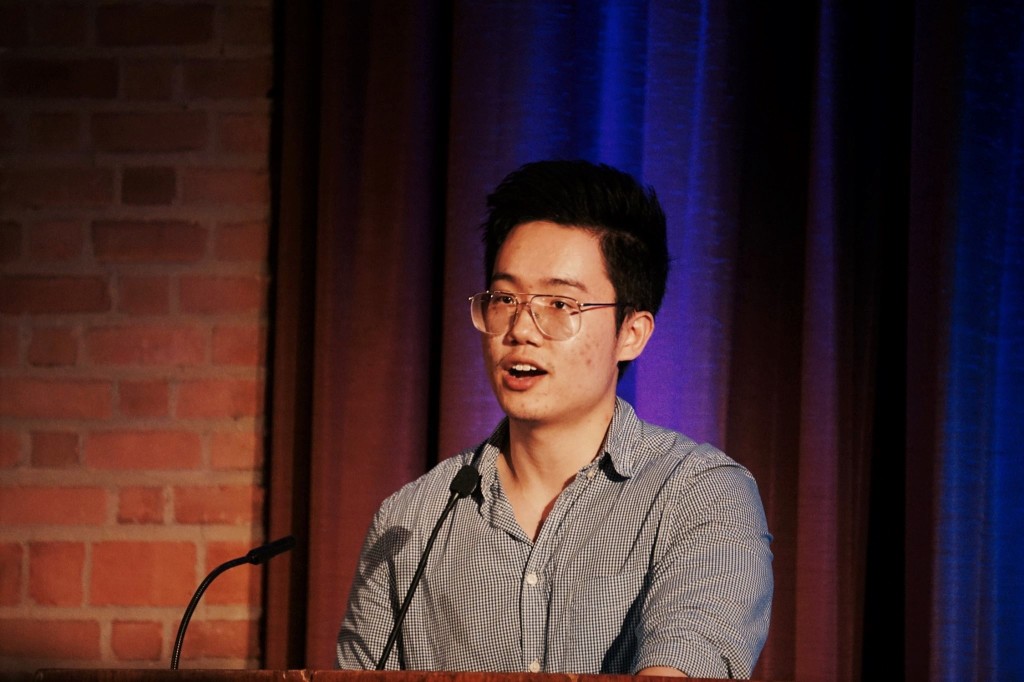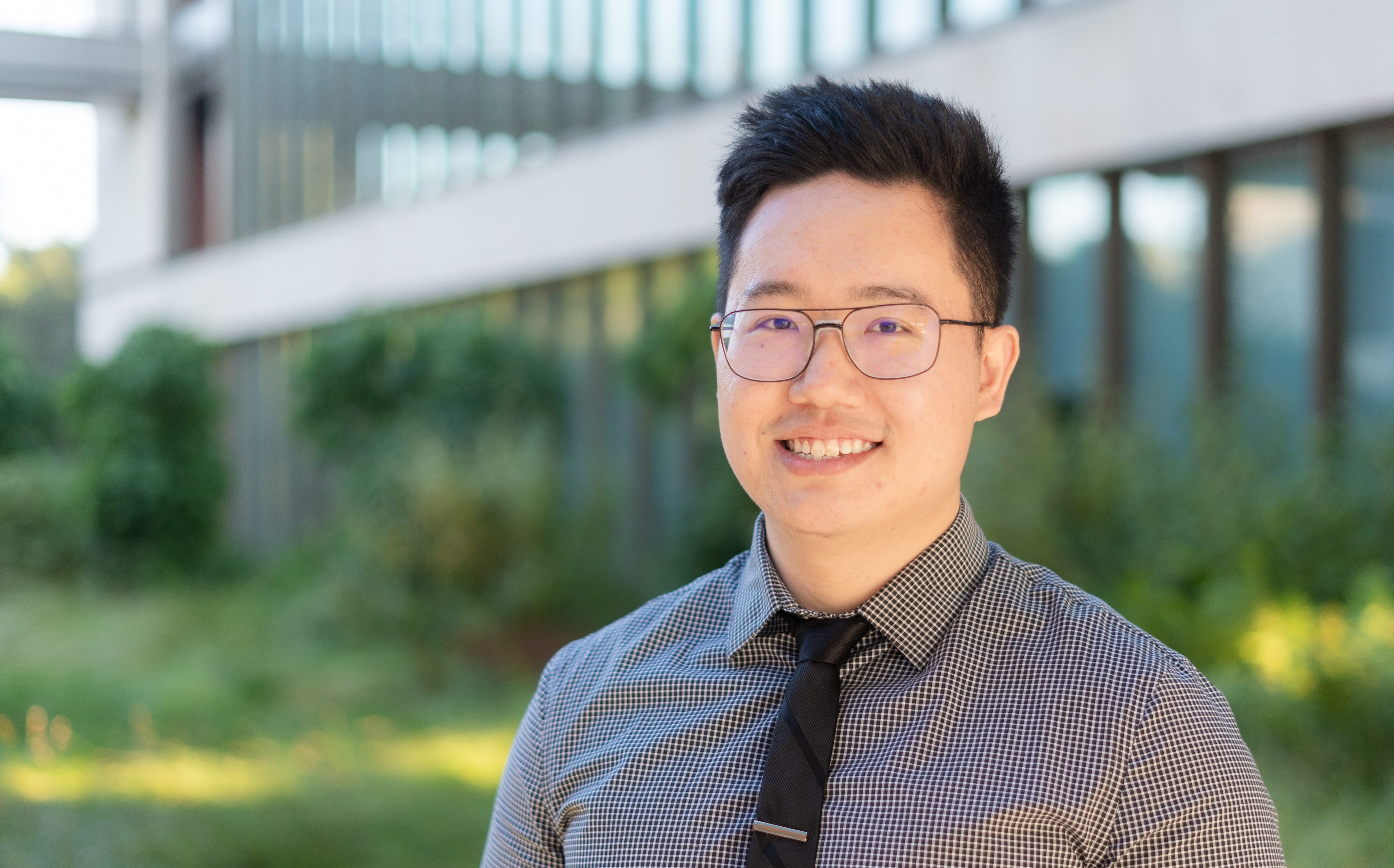Jason L. Guo, Ph.D. is an incoming Assistant Professor at Carnegie Mellon University, Department of Biomedical Engineering. He is currently an Instructor (K99 Fellow) at Stanford University with Dr. Michael Longaker. Jason’s postdoctoral research focuses on using spatial biology to map the tissue architecture of the lungs during scarring vs. regenerative trajectories.
Jason received his Ph.D. in Bioengineering with Dr. Antonios Mikos at Rice University, where he developed new methods for the spatial patterning of biomaterials using click chemistry and 3D printing.
In his long-term career, Jason aspires to answer systems-biological questions about lung health and disease using a constantly evolving suite of bioengineering tools.
Honors and Recognition:
NIH K99/R00 Pathway to Independence Award, 2025
Parker B. Francis Fellowship in Pulmonary & Respiratory Disease, 2025
Rising Stars in Engineering in Health, 2024
TERMIS World Congress Scientific Excellence Award, 2024
UC Santa Cruz Next Wave of Faculty in Genomics, 2024
Featured on Stanford Medicine News, HemOnc Today, 2024
Stanford University Postdoctoral Travel Award, 2023
NIH F32 Postdoctoral Fellowship, 2023
Society For Biomaterials Postdoctoral Recognition Award – Finalist, 2022
Wound Healing Society Trainee Travel Award, 2022
Transplant and Tissue Engineering Center of Excellence Fellowship, 2021
Rice University Bioengineering Outstanding Thesis Award, 2021
Tissue Engineering SIG Student Abstract Award, World Biomaterials Congress, 2020
President, Society For Biomaterials – National Student Section, 2019-2020
Society For Biomaterials Graduate Student Award for Outstanding Research, 2020
Wake Forest Institute for Regenerative Medicine Young Investigator Award, 2019
Rice University Future Faculty Fellow, 2019
Robert Lowry Patten Award, 2019
IBB O’Rear and Morse Award, 2019
President, Rice University Graduate Student Association, 2018-2019
Envision Rice: Featured Graduate Student, 2018
Smalley-Curl Institute STAR Fellowship, 2017
TERMIS Student Scientist Award, 2017

Research Interests
Jason’s research interests include biomaterial synthesis, stem cell and developmental biology, and regenerative medicine.

Teaching and Outreach
In the classroom, Jason’s cultivates scientific thinking through the development of critical thinking skills, creativity, and student empowerment.

Leadership and Service
Outside of the lab, Jason serves his academic community through leadership roles in his university and field of research.
